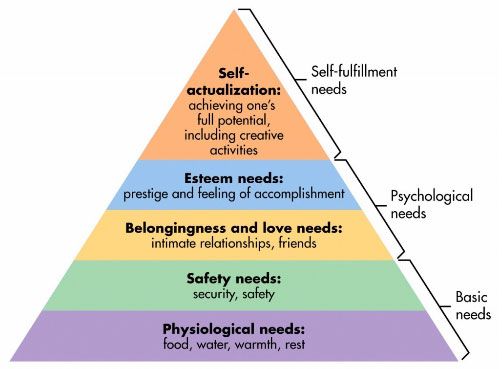If you’re thinking about retirement, you’re probably ahead of the curve. Most Americans don’t have enough saved for their golden years, and a substantial amount have nothing saved at all. If a retirement fund is your nest egg, most people haven’t even started looking for a chicken!
If you want to retire early, you’re going to need to get creative. Living costs continue to rise, the future of social security is dubious at best, and most experts predict that millennials will struggle to retire on the same timeline as their baby boomer parents. It’s a harsh reality, but it doesn’t appear to be changing anytime soon.
Here are a few practical ways to retire when you want – and one you probably haven’t thought of.
Keep a budget.
When your heart is set on early retirement, you need to hit those numbers consistently in order to reach your goal. If you stop contributing to your 401(k) for a few months to pay off some debt or go on vacation, you could miss your target retirement date.
Stay on track with a budget and designate how much you can spend per category. Not sure how much you should budget? Track your spending first to see what your current numbers are, then see if you need to make any changes.
“Once you’ve tracked your spending for a few months, you’ll be able to see spending patterns,” said anonymous early retirement blogger Mrs. 1500 of 1500 Days.
Earn more money.
When you decide to retire early, you’ll probably find that you have to save far more than the average person. Your two choices are to live below your means or find an additional source of income. Depending on how much you make and when you want to retire, even living below your means might not be enough.
Go through the math and see how much you need to save to reach your goal. Can you do that on your current income? Or will you need work more?
Mrs. 1500 said people should “get a second job, improve [their] current earnings, get a side hustle or use [their] funds to invest in passive-income producing ventures such as real estate, stocks that pay dividends, or Private Money Loans – essentially being the bank for investors.”
Know your number.
Being aware of how much you need to retire is crucial. Some people assume you need millions, while others think Social Security and Medicare will be enough to string them along. Both answers are probably wrong.
Everyone’s number is different and depends on their lifestyle, location and when they plan to retire. There are many retirement calculators online to help you figure out how much you need, but you should see a financial planner if you want a personalized figure.
Mrs. 1500 said you should save 25 times your annual spending “so that you can safely withdraw 4% every year.”
Downsize your home.
Housing costs make up the largest portion of the average consumer’s budget, and a hefty mortgage can delay retirement.
Instead of holding onto your home, find the least expensive option you’ll still be happy with. You might even have enough equity in your current house to pay off a new mortgage. Many retirees like the convenience of a condo where they’re not responsible for mowing the lawn or general maintenance.
A smaller house will also come with lower utilities, property taxes and more. Use the difference to save for retirement.
Move to a cheaper country.
Your nest egg might be too small for a retirement in America, but it could be just enough to spend your golden years overseas. Many South American and Asian countries offer a low cost of living and welcome American expats.
Joseph Hogue of Peer Finance 101 lives in Medellin, Colombia with his wife and son. Their total living expenses equal $1,400 a month – a sum far smaller than anywhere they could find in the US.
“That includes health insurance for a family of three, internet, cable and all the amenities we had when we lived in the States,” he said. “The city is the second largest in the country and has a metro system as well as everything you’d expect in a large metropolitan area.”
Other popular options include Belize, Thailand, the Philippines, and Nicaragua. In many of these destinations you can live on $1,000-$1,500 a month and get access to the same level of healthcare as you had back in the States. Many of these countries have significant expat communities where you can meet other Americans.
“Sometimes it can feel like you never left at all,” Hogue said.
Before you pack your bags, do some research on your chosen destination. Make an approximate budget and factor in flights back home, which may be pricey and exhausting.
Are you prepared for retirement? Do you have any other tips to get ready? Let us know over at the #Adulting Facebook community!


![[A081] The Price of Happiness: Spend Money, Be Happy](https://adulting.tv/wp-content/uploads/2017/07/a081-1200x628.jpg)




![[B030] The Real Life Boss: Behavioral Economics, ft. Emily Guy Birken](https://adulting.tv/wp-content/uploads/2017/07/emily-guy-birken-1200x628.jpg)


![[B028] Negotiate Every Part of Your Life, ft. Rebecca Neale, Personal Finance Lawyer](https://adulting.tv/wp-content/uploads/2017/05/rebecca-neale-1200x628.jpg)

![[A077] Here’s a Tip: Show Your Appreciation – With Cash](https://adulting.tv/wp-content/uploads/2017/06/a077-1200x628.jpg)